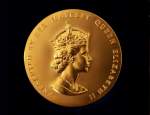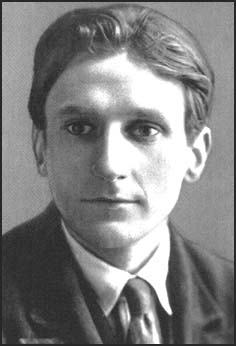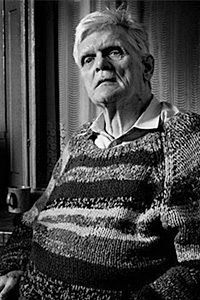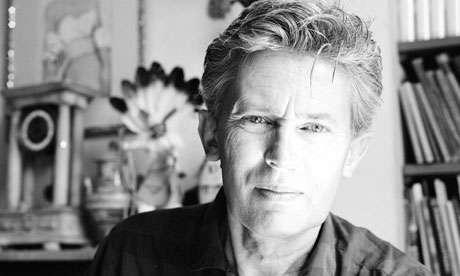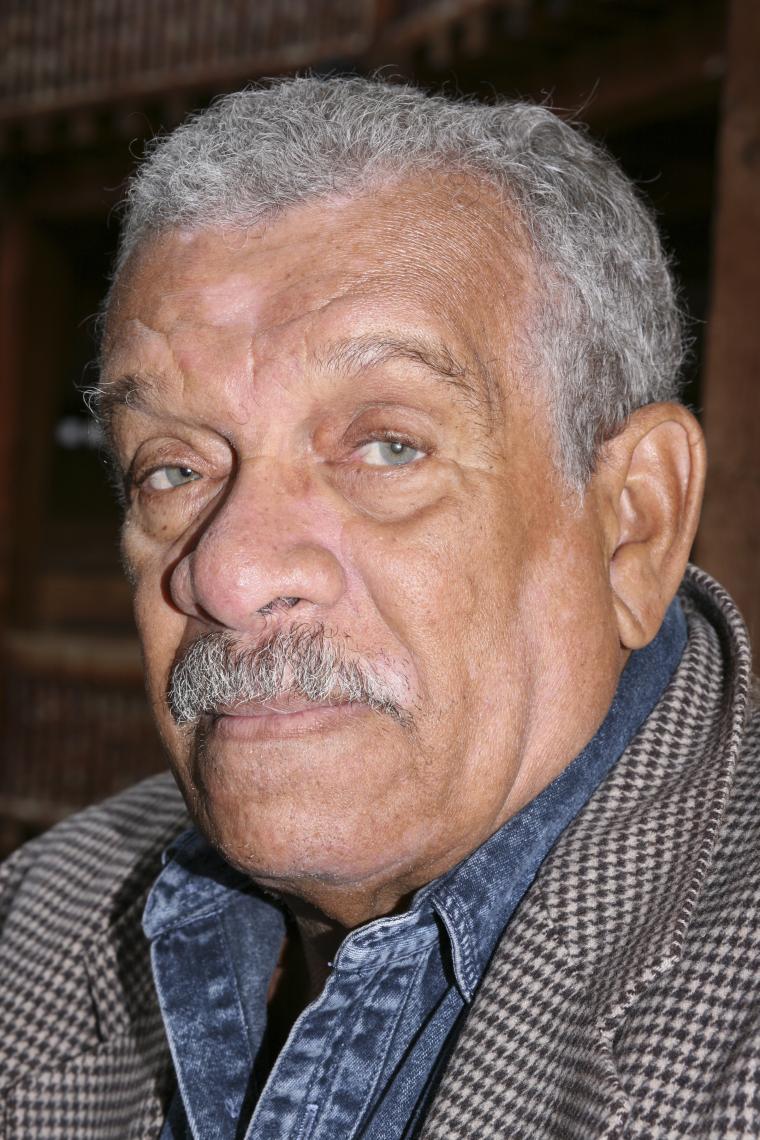Judith Arundell Wright The Queen's Gold Medal for Poetry Awarded In 1991
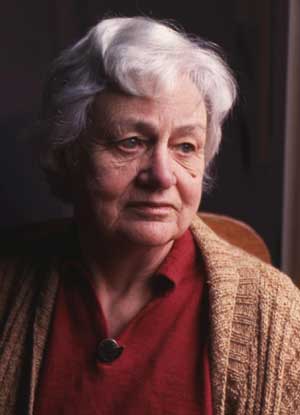
Judith Arundell Wright
Award Name : The Queen's Gold Medal for Poetry
Year of Award : 1991
Award for : Literature
Location : London, England, United Kingdom
Judith Wright was a well-known Australian poet, short-story writer and conversationalist. She was also a highly acclaimed critic of Australian poetry. Apart from this, Wright was an uncompromising campaigner for Aboriginal land rights. Judith Arundell Wright was born on 31 May 1915 in Armidale, New South Wales, into an old and wealthy pastoral family. Wright was raised on her family's sheep station. After her mother died in 1927, she was educated under her grandmother's supervision. At the age of 14 she was sent to New England Girls' School, where she found consolation from poetry and decided to become a poet. In 1934 she entered at Sydney University. Wright studied philosophy, history, psychology and English, without taking a degree. Some time later, she wrote her own memoir, 'Half a Lifetime', covering her life until 1960s, which was published in 2000.
In 1945 Wright’s poetry began to appear in magazines. The first of her several books of poetry, The Moving Image (1946), was followed by Woman to Man(1949), The Gateway (1953), The Two Fires (1955), The Other Half (1966), and Alive (1973). A collection of short stories, The Nature of Love, was published in 1966, and her Collected Poems 1942–1970 in 1971. She also wrote several children’s books as well as biographical essays on the Australian poet Charles Harpur and the Australian short-story writer Henry Lawson. A further volume of poetry, Phantom Dwelling, was published in 1985.
Wright received several awards, including Grace Leven Prize (1950), Aurtralia-Britannica Award (1964), Robert Frost Memorial Award (1977), Australian World Prize (1984), Queen's Medal for Poetry (1992). She had honorary degrees from several universities. In 1973-74 she was a member of Australia Council. On 26th June 2000, Wright died of a heart attack, in Canberra. At that time, she was 85 years old.
